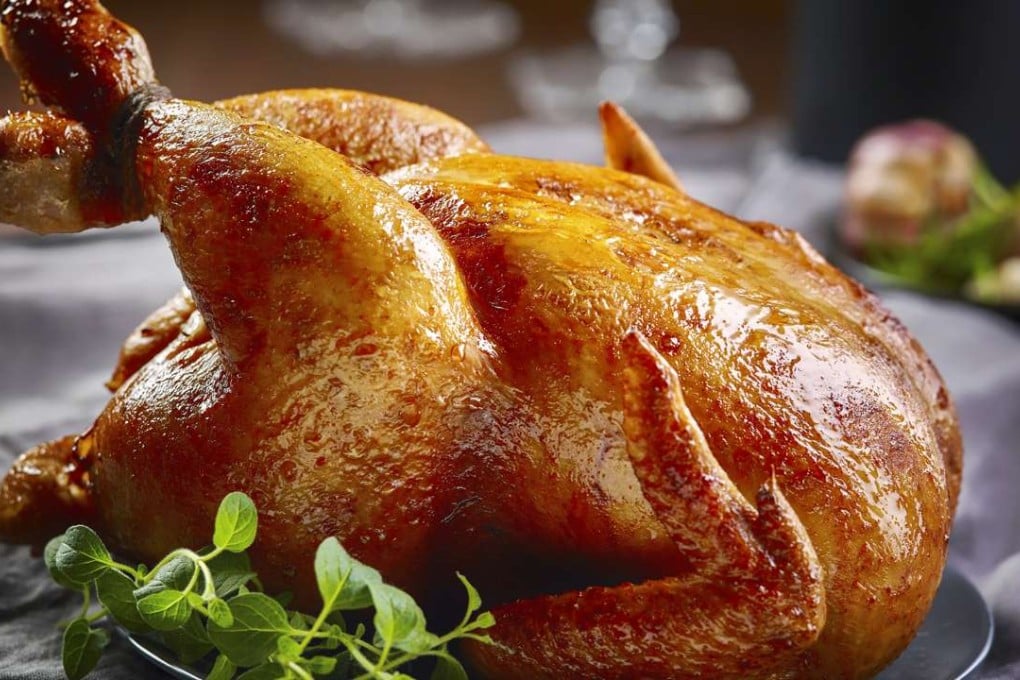Can eating chicken tails cause cancer or other diseases?
Many of us are partial to the parson’s nose from a roast chicken or on a skewer, but there are a number of myths surrounding the juicy back end of the bird

Question: Does eating chicken tail give you cancer or other diseases?
The straight answer: no – but be aware that this titbit is high in fat so should be eaten in moderation.
The facts: Tail, butt, haunch, the parson’s nose – whatever the name given to a chicken’s rear end, it’s a popular snack skewered and grilled in many parts of Asia. Fans like it because it’s juicy and has a relatively strong flavour for an often bland bird. However, it’s also a part that gets a bad rap as a supposed carcinogen or for apparently containing viruses, bacteria or hormones that can have a negative effect on human health.
Fion Chow, a registered dietitian with the Hong Kong Cancer Fund says: “There is no research showing a link with cancer.” The idea that chicken tail is bad because it is part of the animal’s waste elimination system is almost a form of sympathetic magic – just like thinking that eating brains will make you brainier. The part contains no carcinogens or toxins.
